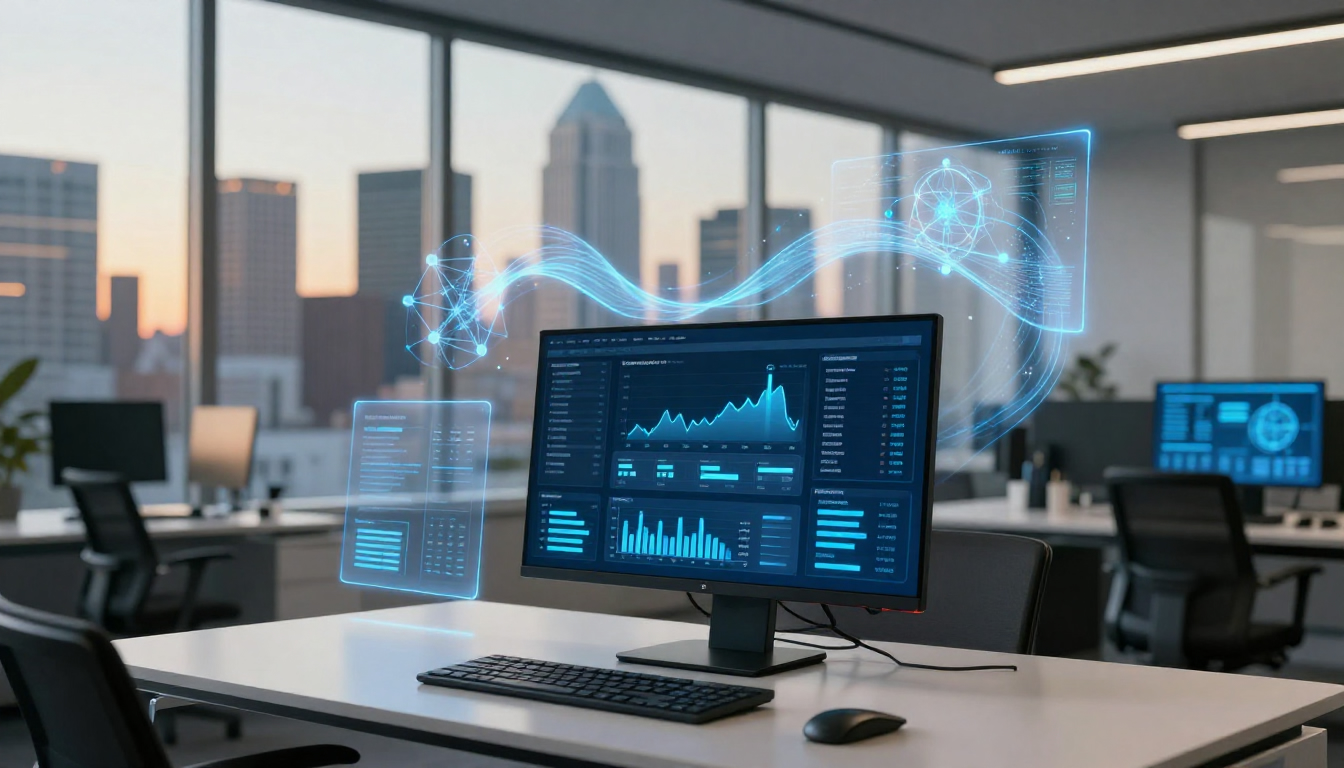How AI is Revolutionizing Audit Automation in Modern Accounting
How AI Is Revolutionizing Audit Automation in Modern Accounting
The world of accounting is experiencing a significant transformation thanks to advancements in artificial intelligence (AI), especially in the realm of audit automation. Traditionally, auditing has been a labor-intensive process requiring meticulous checking of vast amounts of financial data. However, AI is rapidly changing this landscape by introducing tools and techniques that increase efficiency, accuracy, and reliability. By automating routine tasks and analyzing complex datasets with minimal human intervention, AI not only accelerates the audit process but also uncovers insights that were previously difficult to detect. This article explores how AI is revolutionizing audit automation, highlighting the key technologies involved, their practical applications, and the broader implications for accountants and organizations alike.
The role of AI in automating data analysis
AI algorithms excel at processing large volumes of financial data quickly and with high accuracy. By using machine learning and natural language processing (NLP), AI systems can scan through transaction records, invoices, and contracts to identify inconsistencies and potential risks. Unlike traditional manual audits, which rely heavily on sampling, AI can evaluate 100% of the data. This comprehensive approach minimizes the chances of missing discrepancies and improves audit quality. For example, anomaly detection models flag unusual transactions or patterns that warrant further investigation, helping auditors focus their efforts where it matters most.
Enhancing risk assessment and fraud detection
One of the most impactful contributions of AI in audit automation lies in its ability to assess risk dynamically and detect fraud with greater precision. AI-powered systems continuously learn from historical data to refine their detection criteria, adapting to evolving fraud tactics. By analyzing patterns such as unusual payment behaviors or suspicious vendor relationships, AI tools can alert auditors to potential problems early in the process. This proactive capability enables faster response times and reduces the overall financial and reputational damage to organizations.
Integrating AI with audit workflows and compliance
The integration of AI technologies into existing audit workflows ensures smoother and more compliant processes. AI software can automatically compile audit trails, generate reports aligned with regulatory frameworks, and maintain documentation for future reference. Furthermore, by embedding AI in compliance checks, auditors can verify adherence to new laws and standards in real time, keeping pace with constantly changing requirements. This automation helps reduce human error and administrative burden, allowing professionals to dedicate more time to strategic decision-making and client advisory roles.
The future of audit automation and ongoing challenges
As AI continues to evolve, its role in audit automation is expected to grow, with innovations like cognitive computing and advanced predictive analytics enhancing audit capabilities further. However, challenges remain, including data privacy concerns, the need for high-quality data inputs, and ensuring transparency in AI-driven decisions to maintain stakeholder trust. Additionally, auditors must develop new skill sets to work alongside AI tools effectively. Despite these hurdles, the synergy between human expertise and AI promises a more accurate, efficient, and insightful auditing landscape moving forward.
Conclusion
Artificial intelligence is undeniably reshaping audit automation, bringing profound changes to modern accounting practices. From comprehensive data analysis and improved fraud detection to seamless integration with compliance processes, AI enhances the accuracy, speed, and scope of audits. These advancements enable organizations to identify risks earlier, reduce manual effort, and maintain regulatory adherence more effectively. While challenges related to ethics, transparency, and skill development remain, the ongoing collaboration between AI technologies and human auditors signals a new era of innovation. Ultimately, embracing AI-powered audit automation is not just a technological upgrade but a strategic imperative for the accounting profession’s future success.
Image by: Kindel Media
https://www.pexels.com/@kindelmedia
news via inbox
Nulla turp dis cursus. Integer liberos euismod pretium faucibua




